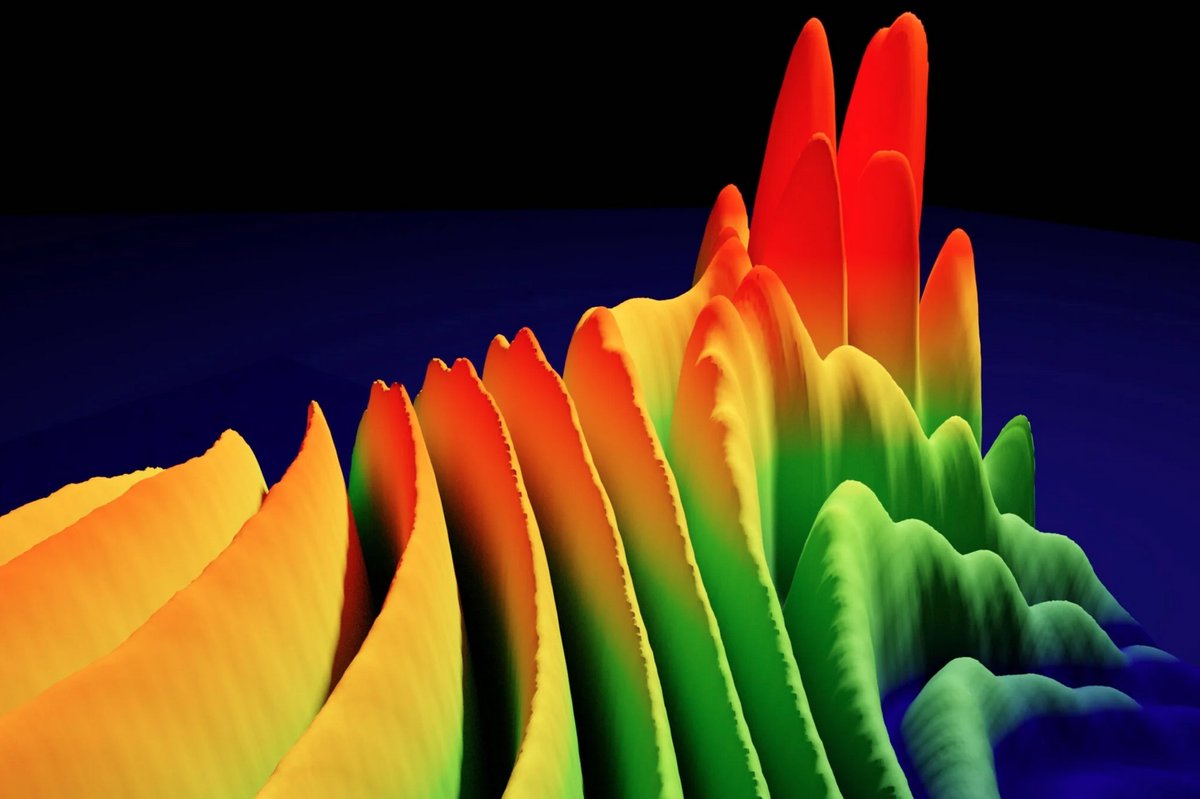This went miles above my head. ☹️
The shorter a light pulse is the more likely it’s going to have a wingman. Scientists don’t know why yet but have figured out how to affect the pairing of the two pulses.
That’s pretty much it.
The purpose of ultra short light beams, if I read it correctly, is to be able to measure extremely small and shortlived things like atoms. The second beam being produced disrupts that.
The problem was that scientists and companies couldn’t control the second beam being created, and still don’t understand why it’s created. But they did create a method to reliably pair them in a predictable way, paving the way to circumvent the problem and provide clarity into the measurements of extremely small and shortlived objects.
That’s it. Nothing super groundbreaking I think
Nothing groundbreaking
The hallmark of accurate science communication. Thanks for the tldr.
That’s basically what I was trying to say but very much less well articulated. Specifically about not knowing what causes the second pulse.



